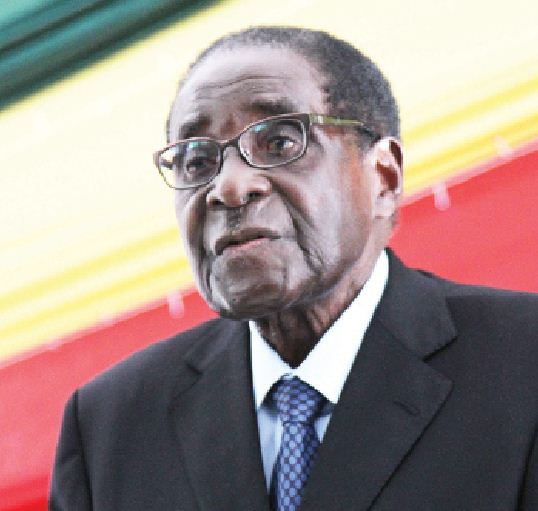
REPORTS that President Robert Mugabe and his Cabinet ministers continue to give conflicting signals on the country’s indigenisation law are very regrettable as this could be the root cause of our economic woes.
The ambiguity sends wrong signals to investors.
One wonders how a whole government could fail to have a shared vision to drive the country forward given the economy has been in a state of comatose for close to 10 years without real improvement.
Even though there were clear signs that the economy could stabilise during the 2009-2013 inclusive government period, it was failure by government to agree on the indigenisation policy that became the straw that broke the camel’s back.
It appears government is at its weakest point 34 years after independence where State actors have become more predatory than ever before running with any position that could benefit those in the corridors of power.
The State actors — mainly Cabinet ministers — are clearly taking advantage of the advanced age of the President (90) to line their pockets abusing State resources under the guise of national duty.
It is public knowledge that most Cabinet ministers were relatively poor Zanu PF apparatchiks before their appointment, but a few years down the line, almost all of them are reportedly millionaires. One will tend to ask: Has government become a lucrative employer of choice? What profitable business does it do? If government had not been very remunerative, it is clear that Cabinet ministers would have prescribed policies that would grow the economy.
It is, therefore, not far-fetched to conclude that the reason for failing to have a shared position on indigenisation is endemic corruption that has been formalised in government circles.
- Chamisa under fire over US$120K donation
- Mavhunga puts DeMbare into Chibuku quarterfinals
- Pension funds bet on Cabora Bassa oilfields
- Councils defy govt fire tender directive
Keep Reading
Whatever it is, the current scenario does not bode well for investment until a shared position is put in place to promote business.
How can Mugabe, Finance minister Patrick Chinamasa and Information minister Jonathan Moyo, who is government spokesperson, contradict that much on a national policy as important as that which holds the future of the country?
Elsewhere in this issue, we have a story in which Indigenisation minister Francis Nhema says a one-size-fits-all approach will not be applied. According to him, the indigenisation law would be implemented in two segments with the natural resources sector getting different treatment to that of services.
Zimbabweans do not care who is tasked to drive which policy for as long as it will create employment, grow the economy and put food on their tables — at least that’s what is important for them.
Contradictions do not work — it only shows the height of confusion in the Zanu PF government. Who will blame the main opposition MDC-T party when they taunt them to form another coalition to save the country from collapse?
It is common knowledge that the empowerment law requires massive surgery in line with international practice. In fact, that will show seriousness on the part of government.
Double-speak does not work as it shows lack of congruity — itself a sad indictment of the government.











